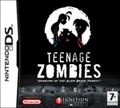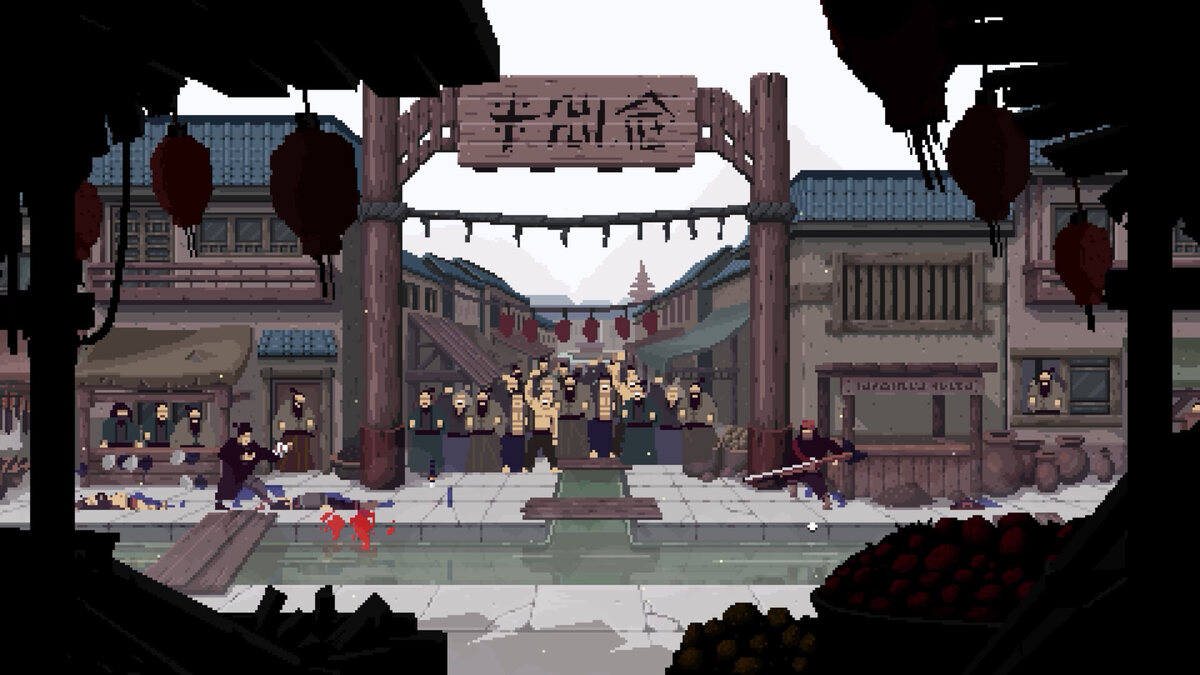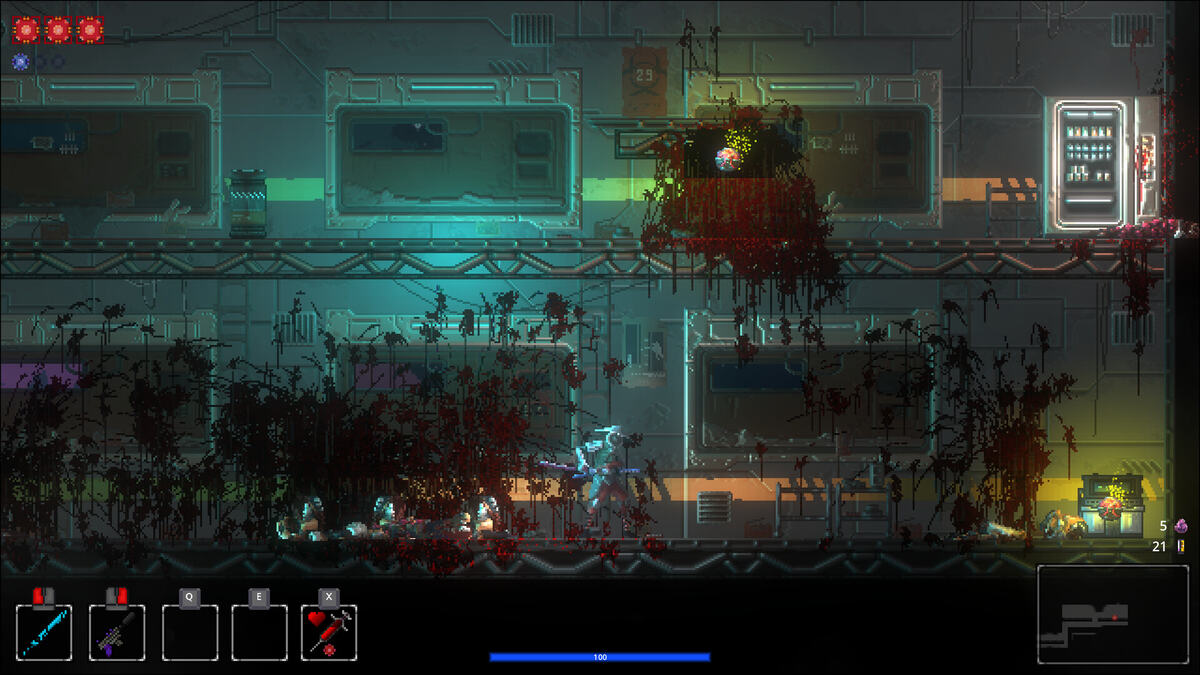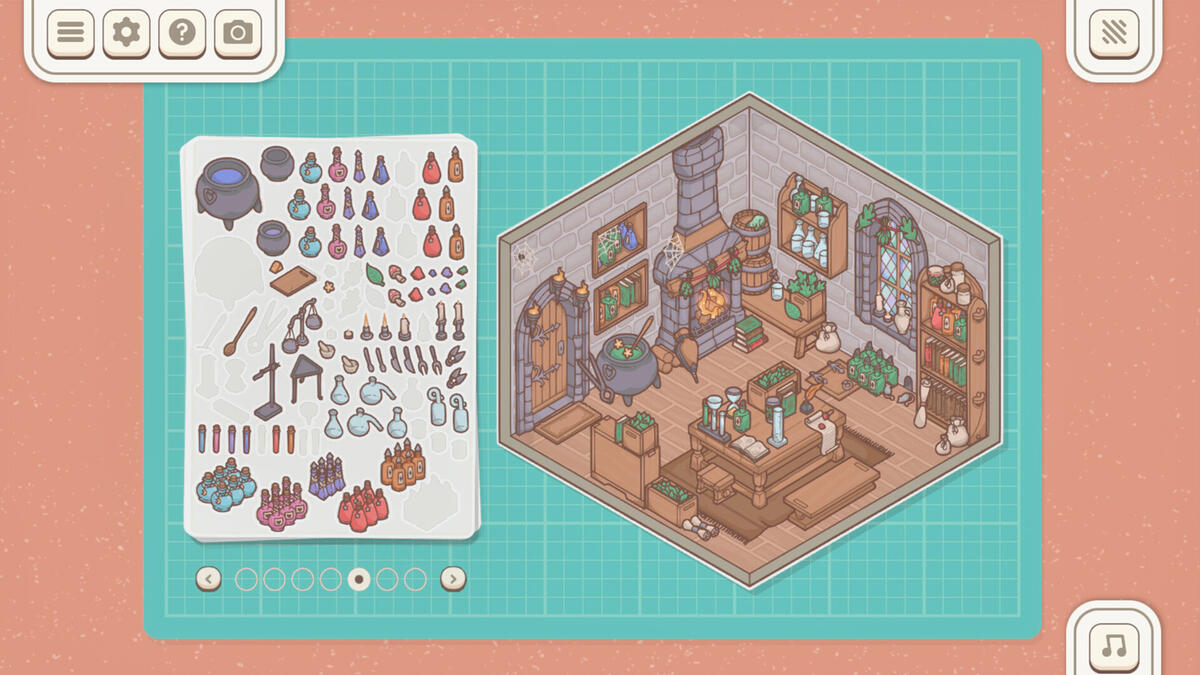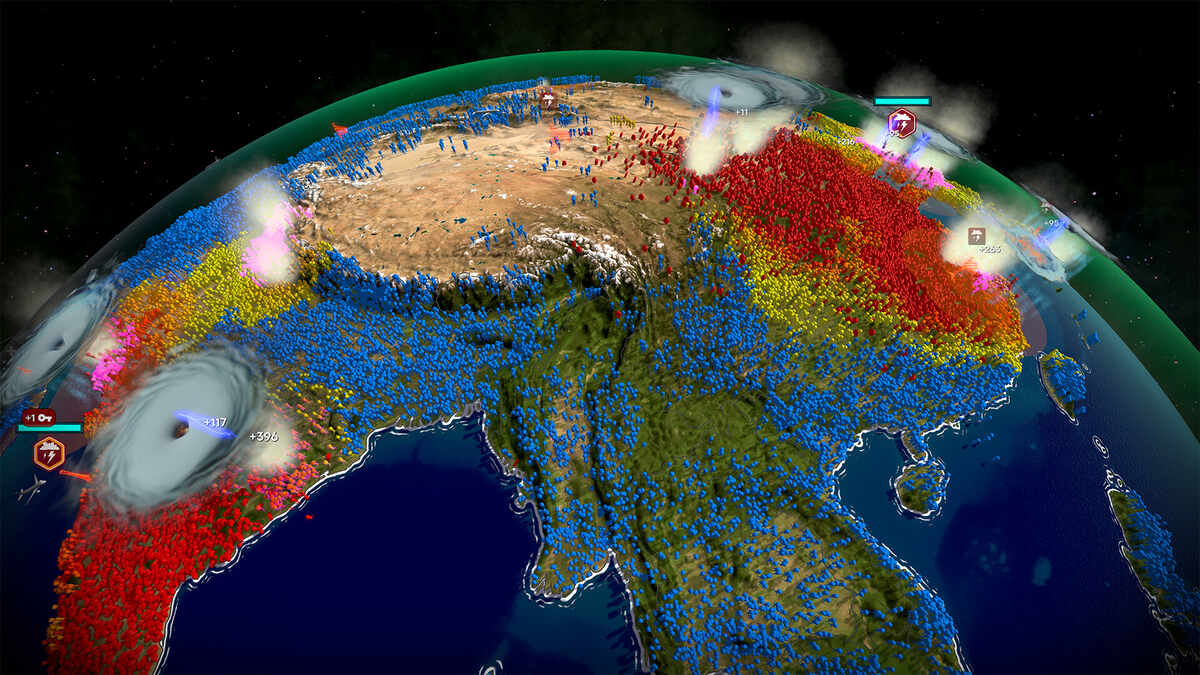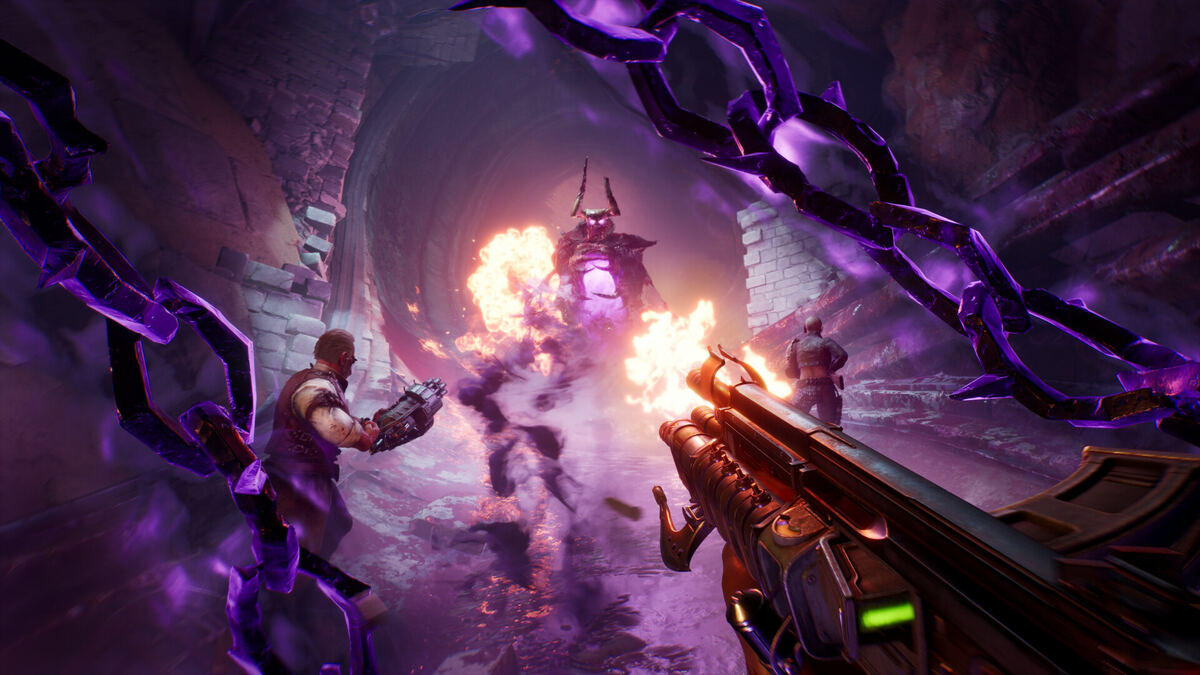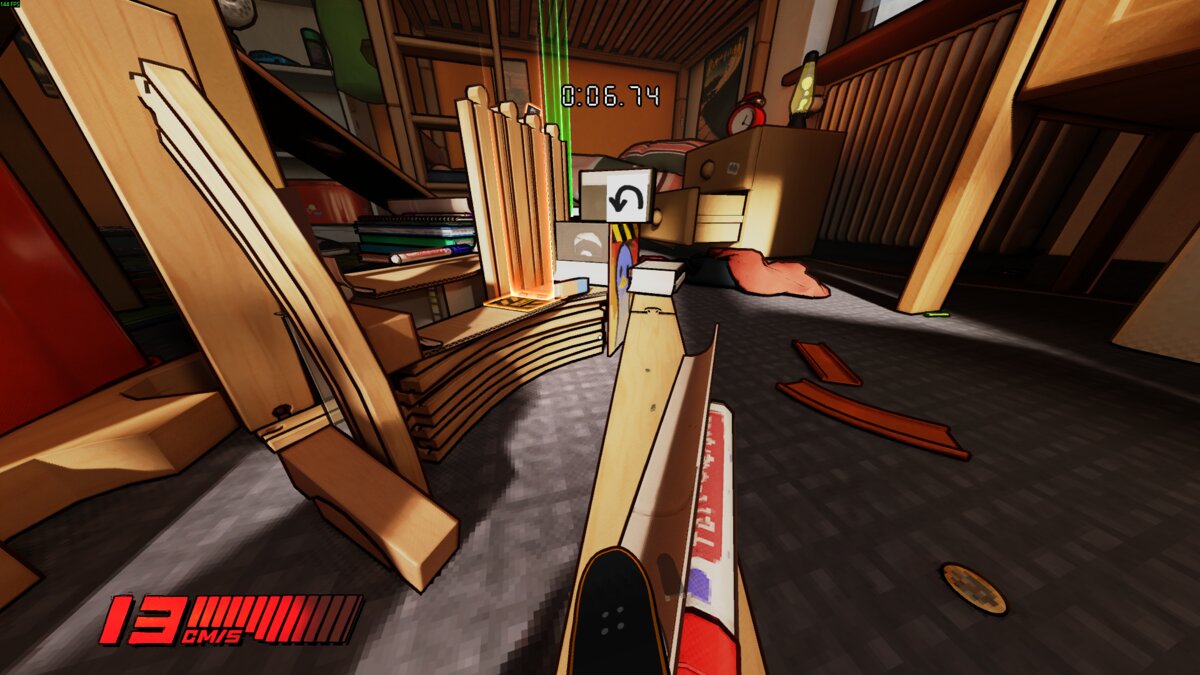You can trust VideoGamer. Our team of gaming experts spend hours testing and reviewing the latest games, to ensure you're reading the most comprehensive guide possible. Rest assured, all imagery and advice is unique and original. Check out how we test and review games here
While the console big-hitters are getting all the column inches elsewhere, a unique little side-scrolling platform puzzler has cropped up on the DS. Intrigued by its charm, VideoGamer.com took some time to talk over Teenage Zombies with Vice President of Creative Development at developer InLight Entertainment Inc.
VideoGamer.com: From the small number of available gameplay videos it appears that Teenage Zombies joins the likes of Battletoads and other classic side-scrollers in terms of gameplay. Would that be a fair comparison?
Darren McGrath: I certainly think that the Teenage Zombies could go on to join the ranks of such classic games but in terms of a direct comparison, not so much. In our game, swapping between zombies to gain access to the specific attributes or power-ups that pertain to each zombie is an important aspect to solving each puzzle. From an overall game structure, TZ is quite unique. We’re also very pleased with the comic book style that we’ve come up with.
VideoGamer.com: The side-scrolling action game of this kind is something of a dying breed. Why do you think this is?
DM: We really felt that given our “lo-fi, sci-fi” comic styled treatments, that the platformer was the most appropriately retro way to present the title. I’m not sure that it’s really a dying breed in terms of actual play pattern but the look has definitely changed over the years. That said, I love the name, “Dying Breed” – maybe we’ll use that for TZ2!
VideoGamer.com: SNES hit Zombies Ate My Neighbours is an extremely fondly remembered game, and regardless of genre any release since that combines zombies, teenagers and Americana faces comparison and harsh analysis. Most recently Monster Madness suffered in that regard. How do you think Teenage Zombies will bear up to such comparisons, and are they fair?
DM: It’s always natural for everyone to compare (including gamers). It allows them to quickly categorize their first impressions until they have the time to look deeper. This game isn’t like any other in that it combines a puzzle based-platformer and many different play patterns inside a comic book story. When people play the game they’ll quickly realize that. We’re pretty fond of combining genres and game types to create something that is new but also allows the Player to get up to speed with the play pattern quickly. Offering some familiar aspects is a good way of achieving this.
VideoGamer.com: There’s been footage released of vertically scrolling sections. What can we expect apart from typical side scrolling?
DM: We talked about a number of different games types as we were developing the characters. The key thing to remember is that while the game is laid out in a platformer style, it features a lot of puzzle-based elements. The way that we have structured the use of the power-ups in particular, really reflects this approach.
VideoGamer.com: When designing the touch screen controls for a DS game, striking a balance between genuine innovation and novelty can make or break a game. How have you approached stylus input?
DM: Our approach was pretty simple really. We just wanted to make sure that there was a compelling reason for the stylus to be used. For example, one of the games lets the Player sling-shot one of the zombies, Lefty, into the air to smash alien brains and feed her cohort Fins. In another mini-game, Lefty, a former basketball player, shoots hoops using brains instead of balls! While both use the stylus, the play patterns are quite different. All of the DS controls are used pretty extensively. In addition to the D-pad, the buttons are also used for attacks, opening elevators, puking (yes PUKING!), gathering power-ups, swapping zombies, etc. So I’d say that it was pretty well balanced from a hardware input standpoint.
VideoGamer.com: Humour is obviously a huge part of the game, and is something so many titles get wrong. How did you go about injecting the game with laughs?
DM: Humour is always tricky. Getting the tone just right for the target market while still managing to get across the necessary exposition and instructional components is always a challenge. I think this game does a great job of imparting that combination of low-fi, sci-fi and campy b-movie vibe. The comic book styled presentation of this game is proving to be a great vehicle for that.
VideoGamer.com: In focussing on zombies in their teens, aren’t you worried you might put off older players?
DM: Not really. In terms of the target audience for this title, I think that with the story, characters and gameplay, we really hit the nail on the head. Because of the puzzle-based aspects of this game and its humour, it will also appeal to an older demographic as well.
VideoGamer.com: Your choice of theme provides you with a fantastic range of possible influences from comics and movies to classic artists and games, including terrifying horror and more tongue-in-cheek contributions to the Zombie myth. How have you approached presenting zombies and retro sci-fi?
DM: I’ve always really enjoyed horror movies – even as a young kid. Some of the unintentionally bad ones can be just as fun as the good ones! Applying a comic book twist to the campy B-movie genre really felt like a great starting point for TZ. This is going to be really popular with kids around 8 to 15 years – especially if they have a sense of humour!
VideoGamer.com: Was creating an original style made harder by the huge back catalogue of zombie culture and imagery, or easier?
DM: I think that whenever you set out to work within a specific area – that is to say, create a genre title, you definitely need to be aware of its predecessors. Like most things, you need to know the rules before you can break them. So to answer your question, it’s been both – harder and easier. Harder to create an original story and characters when so much has been done previously, but also easier in that it allows us the liberty to leverage the player’s existing base of knowledge. This lets us speak in a certain shorthand to the player and give them credit for also having an understanding of the genre. It works both ways.
VideoGamer.com: Why stick to just the one format? Was the PSP not a consideration?
DM: We’re receiving such interest in the story and characters that we’re actually looking at a number of other platforms including Wii. You haven’t heard the last from the Teenage Zombies!
VideoGamer.com: Finally, what part of the game are you most proud of?
DM: I’m really pleased with how unique this game is. I haven’t seen anything that looks quite like it. We really took time with the characters and background treatments to ensure that they felt consistent with the comic book approach that we wanted from the get go. The puzzles are tricky, the humour is campy and the Big Brain Challenge is totally diabolical! Have fun with it!
VideoGamer.com: Thanks for your time.
Teenage Zombies: Invasion of the Alien Brain Thingys!
- Platform(s): Nintendo DS
- Genre(s): Action
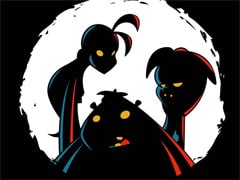
/https://oimg.videogamer.com/images/881e/teenage_zombies_2.jpg)
/https://oimg.videogamer.com/images/83fc/teenage_zombies_1.jpg)
